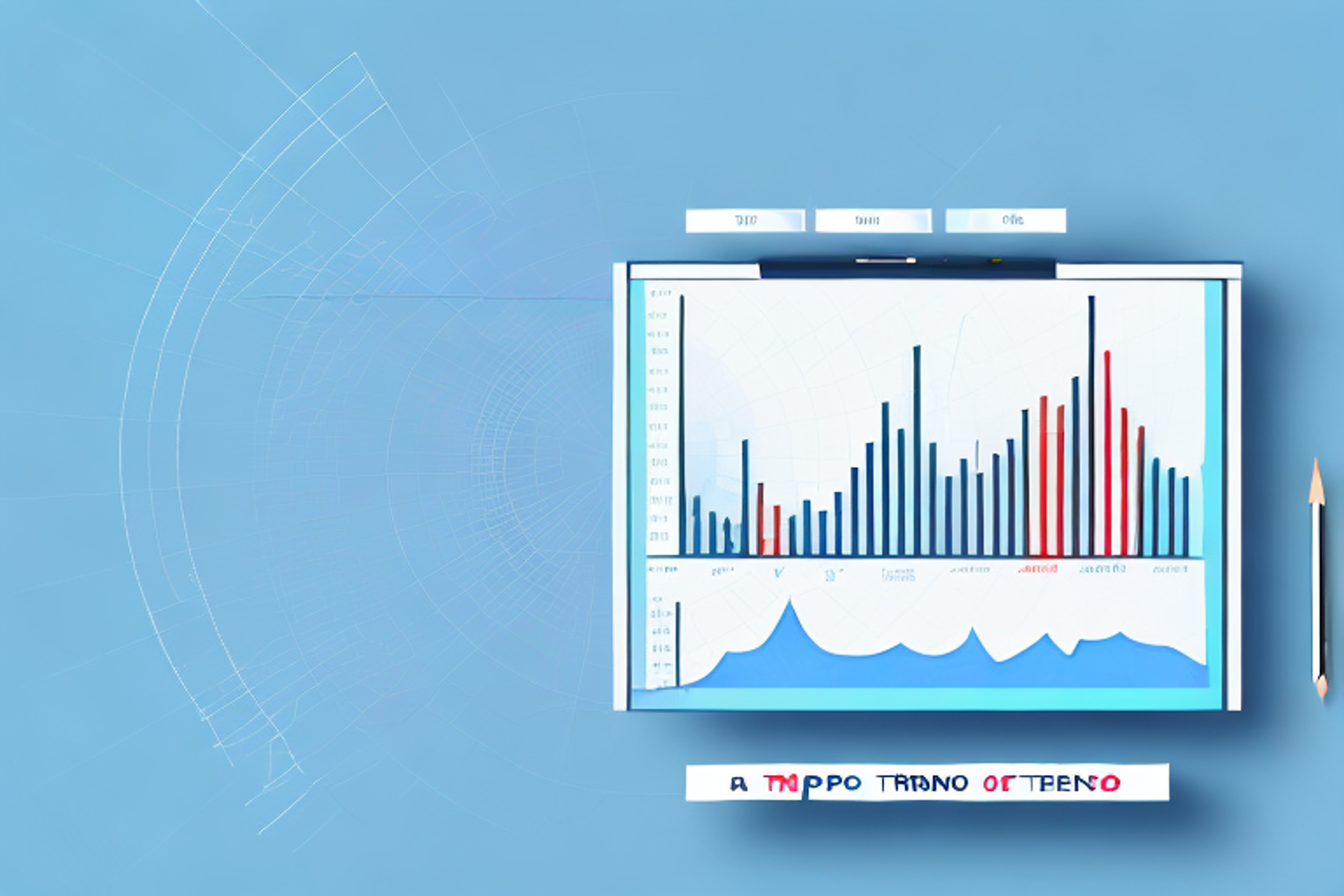IPO Markets: What You Need to Know (2023)
If you're considering investing in IPO markets, this article is a must-read.
Posted March 6, 2025

Table of Contents
As we enter 2023, IPO markets continue to experience ups and downs that investors need to stay on top of. It's important to understand what IPOs are, how they work, and the various risks and rewards associated with investing in them. In this article, we'll delve into the world of IPO markets and explore everything you need to know to make informed investment decisions.
Understanding IPO Markets: A Beginner's Guide
Initial Public Offering (IPO), refers to the process through which a private company becomes a publicly traded company, allowing investors to buy and sell its stock. It's a significant event in the life of a business, as it usually marks the first time that the company offers its shares to the public.
The IPO process is complex and requires a significant amount of time, effort, and money on the part of the company. This process often involves several key players, including underwriters, investment bankers, accountants, lawyers, and others, working together to ensure the IPO's success.
The History of IPO Markets: From Past to Present
The concept of an IPO has been around for centuries, with the first recorded IPO taking place in the Netherlands in the early 1600s. The Dutch East India Company offered shares to the public to raise funds for its business ventures, thus creating the first modern stock exchange.
Fast forward to the present day, IPO markets continue to play a significant role in the global economy, enabling businesses to raise capital to finance their operations and expand their reach. In 2022, the global IPO market raised a total of $461 billion, making it one of the most significant sources of capital for companies worldwide.
How IPO Markets Work: A Step-by-Step Guide
The IPO process involves several steps, including:
The Pros and Cons of Going Public through an IPO
There are several advantages to going public through an IPO, including:
On the other hand, there are several potential challenges and drawbacks associated with going public, including:
What to Expect During the IPO Process
The IPO process can be lengthy and complex, typically taking anywhere from 6 to 12 months to complete. The process involves extensive due diligence and documentation, as well as a thorough review by regulatory authorities such as the SEC. During the roadshow, companies must present a compelling investment case to potential investors, highlighting their growth prospects and competitive advantages.
Key Players Involved in the IPO Process
The IPO process involves several key players, including:
Tips for Evaluating an IPO Investment Opportunity
Investing in an IPO can be a complex and risky undertaking, requiring careful evaluation of the investment opportunity. Here are some tips for evaluating an IPO investment:
Early-Stage Investing vs IPO Investing: Which is Better?
Early-stage investing refers to investing in startups and other early-stage companies before they go public. These investments can offer significant upside potential but are also highly risky. IPO investing, on the other hand, involves investing in established companies with more predictable financials and revenue streams.
Both early-stage investing and IPO investing have their pros and cons, and the best approach depends on your investment goals, risk tolerance, and personal preferences. Early-stage investing can offer significant upside potential but may require a more hands-on approach and a willingness to accept higher risks. IPO investing, on the other hand, can offer a more conservative approach with higher potential returns but fewer opportunities for massive gains.
Recent Trends and Predictions for the Future of IPO Markets
Recent trends in the IPO market include increased focus on ESG (Environmental, Social, and Governance) factors, as well as a growing number of SPAC (Special Purpose Acquisition Company) offerings. Some IPO market predictions for the future include continued growth of the global IPO market, increased regulatory scrutiny, and continued focus on innovative companies in sectors such as technology, healthcare, and renewable energy.
The Impact of Regulatory Changes on the IPO Market
Regulatory changes can have a significant impact on the IPO market, with changes in regulations potentially affecting the timing, costs, and procedures involved in the IPO process. Regulatory changes such as the JOBS Act in the United States have aimed to make it easier for companies to go public by reducing regulatory burdens and costs. However, regulatory changes can also increase transparency requirements and reporting obligations, making it more challenging for companies to go public.
The Role of Technology in Transforming the IPO Market
The adoption of technology is transforming the IPO market, with digital platforms and online tools enabling more efficient and streamlined processes. Technology is also enabling greater access to the IPO market for retail investors, as well as increasing transparency and reducing costs for companies going public. However, technology also presents new risks and challenges, such as cybersecurity threats and the potential for algorithmic trading to create volatility in the IPO market.
Notable Success Stories and Failures in the World of IPOs
There have been many notable success stories and failures in the world of IPOs, with some companies going public and experiencing massive gains, while others struggle and suffer significant losses. Examples of successful IPOs include companies such as Facebook, Alibaba, and Uber, which have gone on to become some of the largest and most successful companies in the world.
On the other hand, there have been several high-profile IPO failures, such as the WeWork IPO, which was pulled after the company's valuation was questioned, and the Snap IPO, which saw its stock price plummet after its debut.
Risks and Rewards of Investing in Emerging Markets through IPOs
Investing in emerging markets through IPOs can offer significant upside potential, but also carries higher risks. Emerging markets can offer opportunities for growth and expansion, but also present political, legal, and economic risks, including currency volatility, geopolitical instability, and regulatory uncertainty. As such, investing in emerging markets through IPOs requires careful evaluation of the risks and rewards involved.
How to Invest in Global IPO Markets: A Comprehensive Guide
Investing in global IPO markets requires careful research, due diligence, and market analysis. Here are some steps to follow when investing in global IPO markets:
Navigating the Complexities of International IPO Regulations
International IPO regulations can be complex and require careful attention to navigate successfully. It's essential to understand the various regulations and rules that apply to IPOs in different countries and regions, including disclosure requirements, listing standards, and investor protections. Working with local experts who have knowledge of the local laws and regulatory landscape can be helpful in navigating these complexities.
Alternative Ways to Invest in Private Companies without an IPO
Investing in private companies without an IPO can offer unique opportunities but also carry higher risks. Some alternative ways to invest in private companies include:
These alternative investment opportunities require careful evaluation and a thorough understanding of the risks involved. Working with experienced investment professionals and conducting in-depth research can help you make informed investment decisions and manage risk effectively.
Conclusion
In conclusion, IPO markets play a significant role in the global economy, enabling companies to raise significant amounts of capital to finance their growth and expansion plans. Investing in IPOs requires careful evaluation of the investment opportunity, as well as an understanding of the risks and rewards involved. As we look to the future, IPO markets are likely to continue to evolve and transform, driven by technology, changing regulations, and global market trends. By staying informed and educated, investors can navigate the complexities of the IPO market and make informed investment decisions that align with their goals and risk tolerance.











